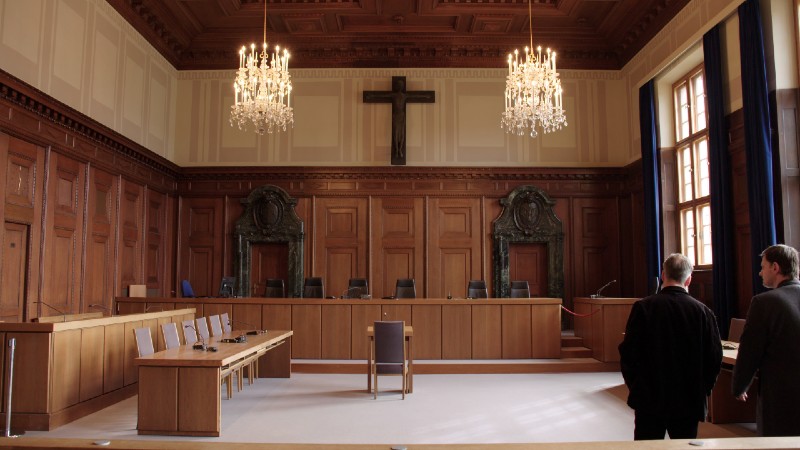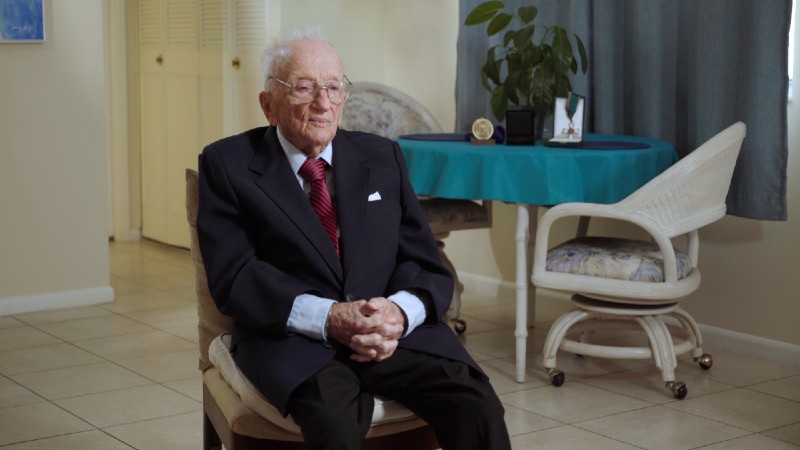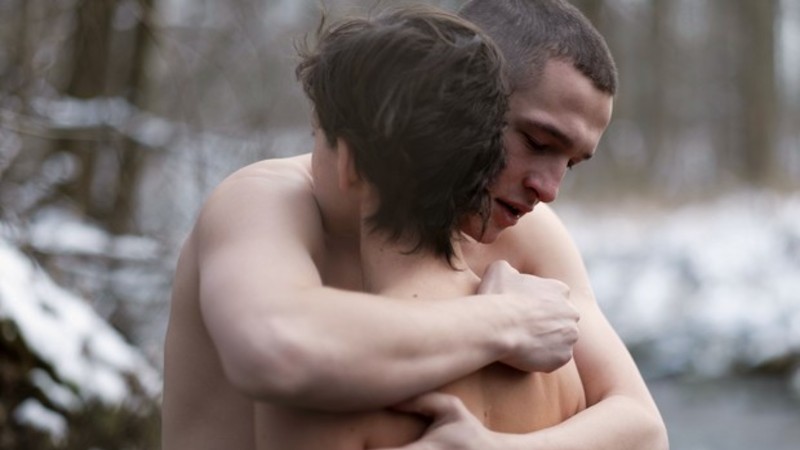QUICK SNAP: LIVE FROM TRANSYLVANIA
The Balcony Film is both simple and profound, a bare-bones documentary that seems to be about everything and everybody. Director Paweł Łozinski simply sits on his balcony with a camera and a boom mike on a pole, and asks people questions about their lives, their days and the meaning of life itself. The result is a funny, heartfelt and panoramic view of life in contemporary Poland.
Although shot before the coronavirus pandemic, it’s the kind of small-scale film that feels of the moment; a way of exploring the world without ever having to leave your own small corner of it. Paweł looks for heroes. Some people are reticent to respond, others are more than happy to confess their entire lives, while others offer acres of wit and humanity, often within the same scene.
The set-up is simple. The film starts with a static frame, half of the picture bisected by the fence of separating his apartment building from the rest of the street. Someone passes by and he asks them if they would like to talk. We see all sorts, from the old ladies missing their husbands to homeless people to young women talking about their work. One women tries to sell him new curtains. Even his wife and dog star, with his beloved berating him for doing his work while she has to shop and walk and attend to other domestic duties.
Poland is a Catholic country, with priests and devout people passing by, and even the locals seeming to treat the process like confession. There is the gay man who tells of living with his late partner while pretending that was his brother; there is the recently widowed woman who is starting life again and says she’s truly happy for the first time; there is a clearly unwell woman who says that she doesn’t feel “defined” yet; there is a man who finally quit drinking and now has to understand what life is all about. Just from a window, Warsaw life is gloriously revealed to us, resulting in one of the best films of the year.
Shot over the course of the year, we get a sense of the full Polish seasons, from sunny spring and winter to the melancholy autumn to the freezing cold and snow and sludge of winter. Characters repeat themselves, with any one of them threatening to become the film’s main protagonist.
Eventually a man worthy of redemption emerges, Robert, a man just out of jail who has to rebuild his whole life. He starts by begging, but after being gifted a shirt from Paweł he looks for a job. He finds one, but still has to sleep on the street, on night buses, with nuns or in homeless shelters. He’s completely burned out. Nonetheless, he keeps on going. What else can he do?
Although not overtly political, Łozinski doesn’t shy away from the issues in Polish life either from gay rights to nationalism (with a disturbing street rally seemingly professing love for the Polish state which actually is just an excuse to bash migrants) to the degradation of postal workers to the problems with the public healthcare system. But it also has a truly universal feel, capturing life in all its mess, wonder and mystery. I want this film to start a franchise. Let’s do it in every country in the world.
We don’t find out the meaning of life, but I do feel anyone who watches this film feels like they might get just one step closer. An old lady right at the ends has an almost perfect response: “Life is meaning.” We just have to go about our days, do our little tasks, love the people around us, and everything will be alright. The answer to life appears to just be in living it.
The Balcony Movie plays in the Focus Poland section of the Transylvanian International Film Festival, running from 17th to 26th June.











